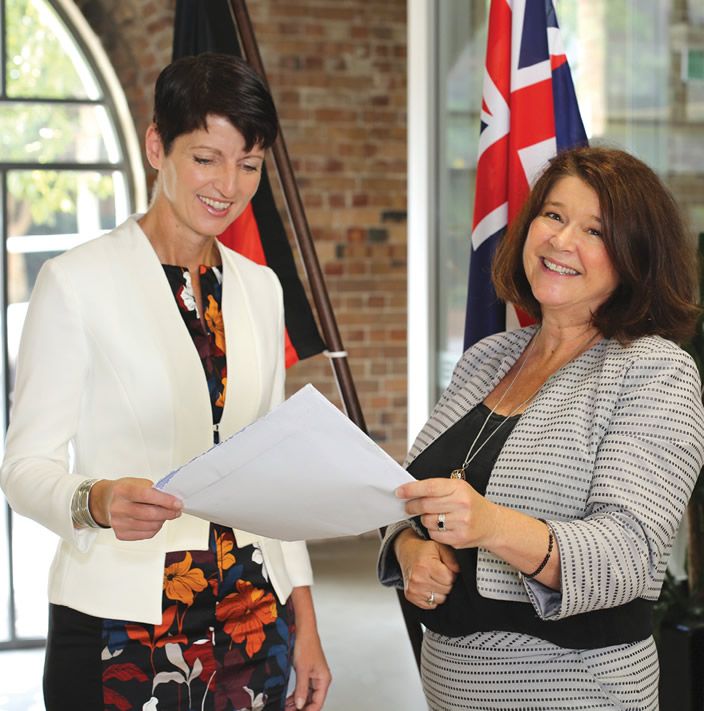
Shadow NSW Early Childhood Minister Kate Washington responds to some questions sent directly to her by IEUA NSW/ACT Branch members.
1. Remuneration and workforce retention
The pay gap between early childhood teachers and other teachers is an underlying cause of many systemic issues within the sector, including high turnover of staff, difficulty recruiting experienced staff, lack of mentors and the disproportionate number of women in the sector.
Early childhood education and care has been historically undervalued in NSW, which is why we have the highest fees, lowest levels of participation and fewer government run services than other states.
While this issue is not isolated to NSW, I am acutely aware of the impact of the pay gap in the sector.
I do not see this as a fees versus wages issue. While bringing down NSW’s high fees is important, parents consistently state that they want quality preschool for their children and bridging this pay gap is an important part of ensuring high quality preschool services continue into the future. There is no success in bringing down fees if quality suffers.
In 2013, the Gillard Labor Government established the Early Years Quality Fund (EYQF) which sought to subsidise a wage increase for early childhood staff. Investing in quality teachers is one of the best investments governments can make, which made it all the more galling when the Federal Government under Tony Abbott’s leadership, cut this scheme.
It is clear that any future scheme, in whatever form that investment takes, will need the support of both state and federal governments. I will continue to work with my Labor colleagues on developing policies which champion the quality education children receive at preschool while also recognising the professionalism of early childhood teachers and educators.
2. Appropriate funding of the early years sector
In 2015, the Labor Opposition exposed the ongoing underspending of the NSW Government’s preschool budget. The NSW Auditor General later confirmed Labor’s finding that over $350 million of budgeted funds meant for early childhood education had been left unspent.
Thankfully, since then, the NSW Government has finally increased funding for the early childhood sector in the form of Start Strong.
Whilst additional investment in early childhood education is welcome, I continue to hold concerns about the structure of the Start Strong funding model and its impact on services.
My biggest concern is that Start Strong is designed to meet national criteria. So instead of being shaped by what is in the best interests of children, it’s a ‘tick-a-box’ exercise where the focus is on meeting criteria in order for the NSW Government to attract federal funding.
I’ve visited many services since Start Strong was implemented and I hear frequent complaints about its complexity and lack of flexibility. It fails to recognise one of the many strengths of early childhood services, which is their ability to adapt to meet the unique needs of the communities in which they operate.
If given the opportunity to become the Minister for Early Childhood Education in a future NSW Labor Government, I will revisit the funding model to ensure we are maximising the benefit for all children. Saying that, I’m mindful of the ever changing funding landscape in early childhood education and the administrative burden this places on every service. So any changes to the funding model would be undertaken carefully and in full consultation with the sector.








































































































































